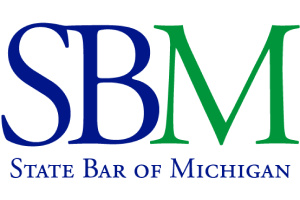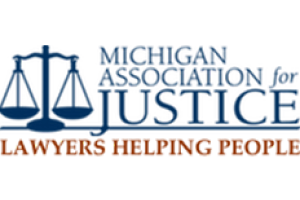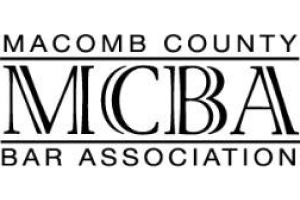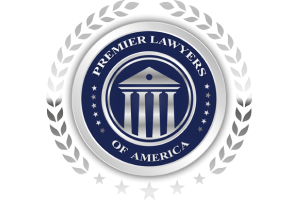- Free Consultation: (586) 264-3756 Tap Here to Call Us
What Every Michigan Driver Should Know Before Driving After Consuming Alcohol
Punishment for drinking-and-driving offenses in Michigan reflect a growing national trend toward a stricter approach that picked up momentum during the early 1990s. Offenders now face losing their licenses for longer periods, stiffer fines and costs, and even the possibility of vehicle immobilization or forfeiture. The stakes are even greater for serious offenders, who may serve lengthier jail sentences or prison terms, depending on the nature of their convictions.
Drinking-and-driving offenses in Michigan fall into three categories. Convictions for operating while intoxicated (OWI) and operating while visibly impaired (OWVI) carry maximum penalties of up to 93 days in jail, $300 to $500 in fines and costs, license sanctions, and 45 days of community service. A blood-alcohol content of 0.08 or greater is considered legally drunk, which prosecutors can count as an additional charge.
Refusing a chemical test can raise additional consequences beyond the traffic stop. Under Michigan’s implied-consent law, drivers are presumed to have given their permission for such a test. Failure to do so can mean a one-year suspension, which increases to two years for second offenses. Any attempt at preventing a one-year driving suspension first requires a separate hearing with the Secretary of State. Depending on the outcome of that hearing, a hardship appeal is an option at the circuit court. However, no hardship appeals are allowed for repeat offenders.
To address serious crashes involving alcohol, state lawmakers created the felony categories of OWI and OWVI causing serious injury or death. Both offenses carry maximum terms of up to five and 15 years in prison, respectively. Spending up to 20 years in prison is possible for anyone who causes an emergency responder’s death. These penalties apply for first and subsequent offenses.
Forfeiture of the vehicle is a distinct possibility in Michigan, which allows the sentencing judge to decide that issue. The less severe sanction of vehicle immobilization is another possibility. Moreover, the sentencing judge isn’t bound to consider who owns or uses the vehicle. Defendants may also receive a restricted license for driving to community service, probation, school, work or substance abuse treatment. Proof of destinations and driving hours must be carried at all times to satisfy law enforcement. Drive for any other reason and you run the risk of being charged with new criminal activity and/or further driving sanctions.











